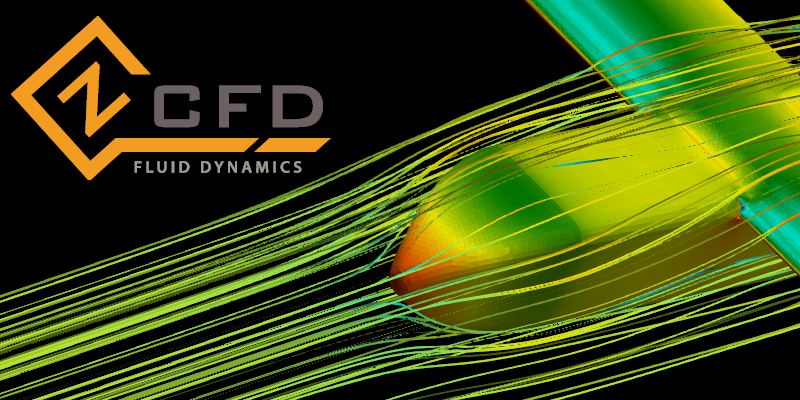
Our fluid dynamics tool, zCFD, already offers expert CFD at our users’ fingertips, and we’re pleased to announce that we’ve made some important upgrades to improve performance further. The latest version contains several key updates including the first release of the zMesh3 mesh generator, improved performance on GPUs, and updates to Paraview.
The zMesh3 mesh generator
Our updated fluid dynamics solver (version 2023.03.3383) includes the first release of the zMesh3 (“zMesh Cubed”) mesh generator. This mesh generator was initially developed to support the generation of meshes for Computational Aero Acoustics but now has broadened out to offer a more all-round meshing solution.
This rapid cartesian mesh generator supports embedding STL geometry within the cartesian mesh and writes meshes in the zCFD H5 format. In addition, multiple STL geometries are supported for ease of use.
How can this mesh generator be used? Here are some examples:
- Generation of high-order overset regions to increase accuracy in areas of interest within a domain.
- Rapid creation of CFD meshes for complex STL geometries.
- Generation of immersed boundary data to permit the use of wall functions within CFD simulations for high Reynolds number flows.
Improved GPUs
Running on GPUs generally offers the best performance and this release also includes several changes that improve performance when running on GPUs. zCFD has been GPU accelerated since its creation. Now zCFD offers improvements in how it allocates memory on the GPUs, optimising the overall runtime by reducing the amount of time spent moving data between the host and the GPUs.
zCFD also now has support for Unified Memory which allows oversubscribing of GPU memory, which is useful in cases when GPU memory is restricting the case size users can run.
Updated Paraview

When you upgrade to the latest zCFD, you can access the latest Paraview version (5.11). The zCFD install bundles the server-side components of Paraview, allowing users to post-process zCFD results in-situ using Catalyst, remotely using “pvserver” or in Juypter notebooks. The included version of Paraview also has access to the plugins for reading zCFD H5 format meshes.
Download the latest version of zCFD here.